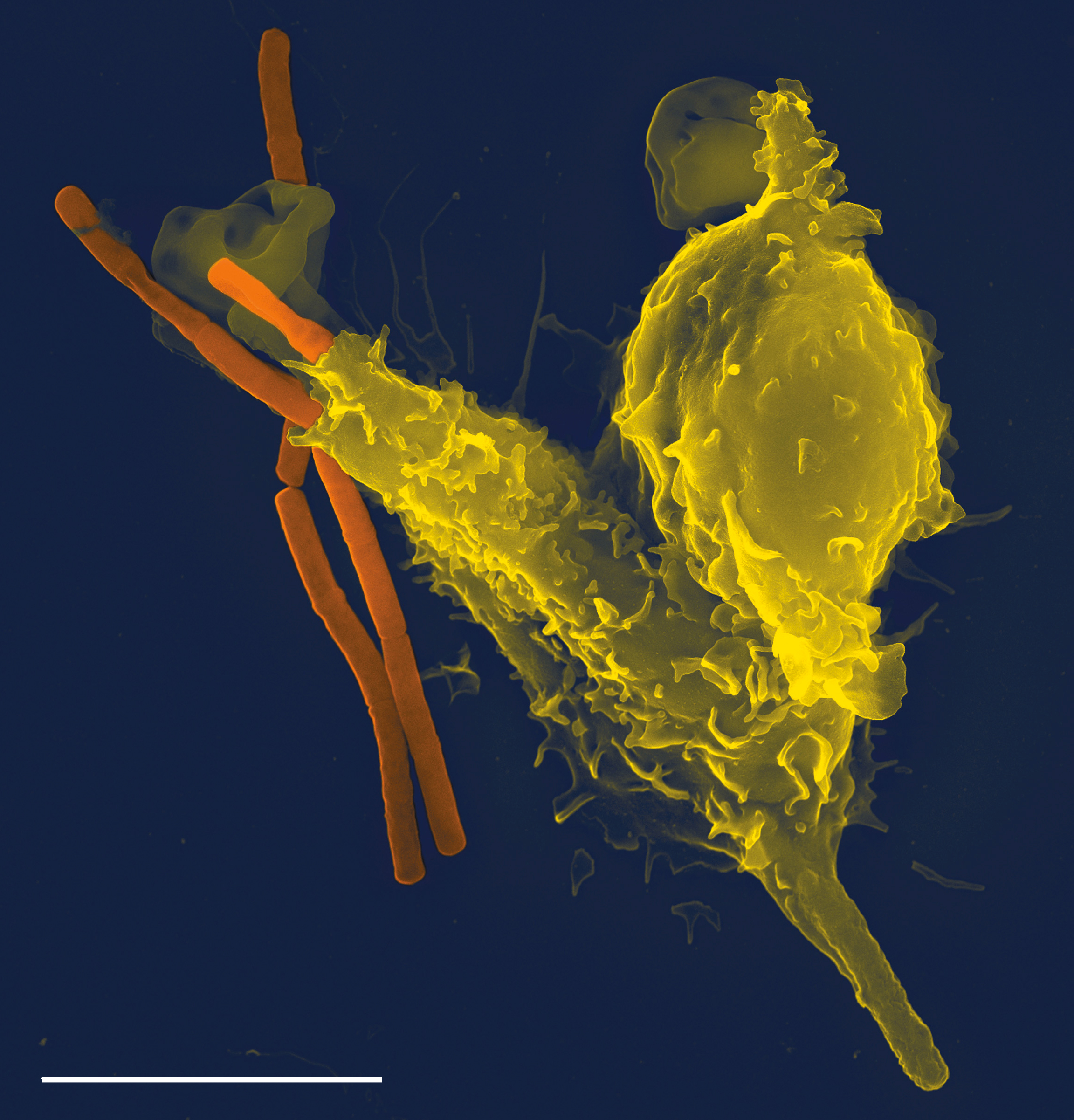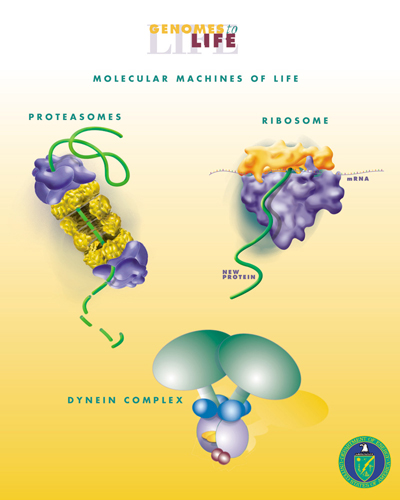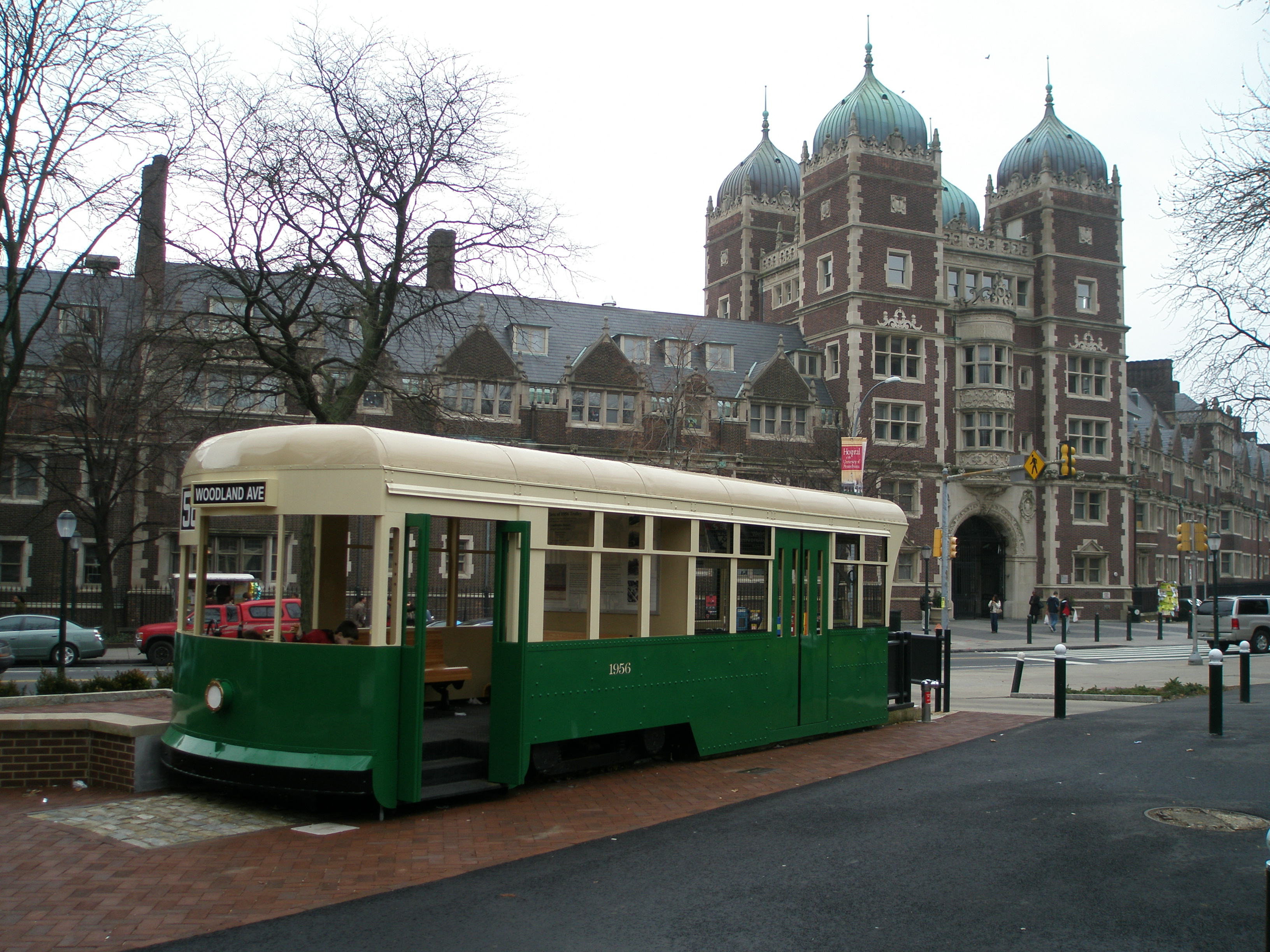|
Abarca Prize
The Doctor Juan Abarca International Award in Medical Sciences, known as the Abarca Prize, is an award that recognises research and innovation through a biomedical finding of global significance. Background Created in 2020 by the Fundación de Investigación HM Hospitales, it is awarded to the scientific or medical career of a person who has made a significant contribution to the protection, improvement or rehabilitation of people's health. The award, endowed with 100,000 euros, is inspired by the Spanish surgeon Juan Abarca Campal, founder of HM Hospitales. The jury, appointed by the Fundación de Investigación HM Hospitales, is made up of members of the scientific community. Abarca Prize 2021 The first edition of the award was held in October 2021. The award ceremony was chaired by King Felipe VI. The jury was headed by Alberto Muñoz, professor at the Instituto de Investigaciones Biomédicas de Madrid (IIBM) and included Richard Horton, editor of The Lancet, Silv ... [...More Info...] [...Related Items...] OR: [Wikipedia] [Google] [Baidu] |
Juan Abarca Campal
Juan Abarca Campal (born October 25, 1944, Ciudad Rodrigo) is a Spanish physician and surgeon, businessman and founder of the HM Hospitales group. Biography He lived a happy childhood in the middle of the post-war period, although full of small accidents. This brought him closer to traumatology, which was practiced by his cousin Ernesto, whom he accompanied in his first interventions. His mother wanted him to be a doctor and his father a military man, and throughout his life he achieved both professions, combining his responsibilities as a civilian and military doctor. He studied Medicine and Surgery at the University of Salamanca, obtaining his doctorate in Hepatobiliary and Pancreatic Surgery with outstanding cum laude. After completing his medical studies, he sat the competitive examinations for Military Doctor of the Air Force, which led him to join the Air Health Corps. He was stationed at the 'La Virgen del Camino' Air Base in León, one year at the Air Hospital in Ma ... [...More Info...] [...Related Items...] OR: [Wikipedia] [Google] [Baidu] |
Carl H
Carl may refer to: *Carl, Georgia, city in USA *Carl, West Virginia, an unincorporated community *Carl (name), includes info about the name, variations of the name, and a list of people with the name *Carl², a TV series * "Carl", an episode of television series ''Aqua Teen Hunger Force'' * An informal nickname for a student or alum of Carleton College CARL may refer to: *Canadian Association of Research Libraries *Colorado Alliance of Research Libraries See also *Carle (other) *Charles *Carle, a surname *Karl (other) *Karle (other) Karle may refer to: Places * Karle (Svitavy District), a municipality and village in the Czech Republic * Karli, India, a town in Maharashtra, India ** Karla Caves, a complex of Buddhist cave shrines * Karle, Belgaum, a settlement in Belgaum ... {{disambig ja:カール zh:卡尔 ... [...More Info...] [...Related Items...] OR: [Wikipedia] [Google] [Baidu] |
Juan Abarca Cidón
Juan Abarca Cidón (Madrid, 1971) is a Spanish doctor, lawyer, and businessman. He is president of the HM Hospitales Group and of Profesionales de la Medicina y el Derecho (PROMEDE), an expert witness company. He is an advocate of the private health care model, as president of Instituto para el Desarrollo e Integración de la Sanidad (Institute for the Development and Integration of Healthcare -IDIS-), and part of the political debate on public and private healthcare. Education and training He comes from a family in the medical business. He is the son of Juan Abarca Campal, a surgeon, and Carmen Cidón Tamargo, a medical analyst, both founders of the HM Hospitales Group. Abarca Cidón is a Doctor of Medicine and holds a degree in Law. He studied medicine at the Complutense University of Madrid The Complutense University of Madrid (, UCM; ) is a public research university located in Madrid. Founded in Alcalá in 1293 (before relocating to Madrid in 1836), it is one of the ... [...More Info...] [...Related Items...] OR: [Wikipedia] [Google] [Baidu] |
Sandra Díaz (ecologist)
Sandra Myrna Díaz ''ForMemRS'' (born in 1961) is an Argentine ecologist and professor of ecology at the National University of Córdoba, who has been awarded with the Linnean Medal for her scientific work. She studies the functional traits of plants and investigates how plants impact the ecosystem. Díaz is a senior member of the National Scientific and Technical Research Council and the National Academy of Sciences of Argentina. She is one of the 1% most cited scientists in the world. She was elected a Foreign Member of the Royal Society (ForMemRS) in 2019 One or more of the preceding sentences incorporates text from the royalsociety.org website where: and an international member of the American Philosophical Society in 2022. Early life and education Díaz was born in Bell Ville in the province of Córdoba, Argentina. Her parents loved plants and she grew up in a home with big gardens. Díaz attended the National University of Córdoba and graduated cum laude with a bi ... [...More Info...] [...Related Items...] OR: [Wikipedia] [Google] [Baidu] |
Lupus
Lupus, formally called systemic lupus erythematosus (SLE), is an autoimmune disease in which the body's immune system mistakenly attacks healthy tissue in many parts of the body. Symptoms vary among people and may be mild to severe. Common symptoms include painful and swollen joints, fever, chest pain, hair loss, mouth ulcers, swollen lymph nodes, feeling tired, and a red rash which is most commonly on the face. Often there are periods of illness, called flares, and periods of remission during which there are few symptoms. Children up to 18 years old develop a more severe form of SLE termed childhood-onset systemic lupus erythematosus. The cause of SLE is not clear. It is thought to involve a combination of genetics and environmental factors. Among identical twins, if one is affected there is a 24% chance the other one will also develop the disease. Female sex hormones, sunlight, smoking, vitamin D deficiency, and certain infections are also believed to increase a ... [...More Info...] [...Related Items...] OR: [Wikipedia] [Google] [Baidu] |
Autoimmune Disease
An autoimmune disease is a condition that results from an anomalous response of the adaptive immune system, wherein it mistakenly targets and attacks healthy, functioning parts of the body as if they were foreign organisms. It is estimated that there are more than 80 recognized autoimmune diseases, with recent scientific evidence suggesting the existence of potentially more than 100 distinct conditions. Nearly any body part can be involved. Autoimmune diseases are a separate class from autoinflammatory diseases. Both are characterized by an immune system malfunction which may cause similar symptoms, such as rash, swelling, or fatigue, but the cardinal cause or mechanism of the diseases is different. A key difference is a malfunction of the innate immune system in autoinflammatory diseases, whereas in autoimmune diseases there is a malfunction of the adaptive immune system. Symptoms of autoimmune diseases can significantly vary, primarily based on the specific type of the d ... [...More Info...] [...Related Items...] OR: [Wikipedia] [Google] [Baidu] |
Neoplasm
A neoplasm () is a type of abnormal and excessive growth of tissue. The process that occurs to form or produce a neoplasm is called neoplasia. The growth of a neoplasm is uncoordinated with that of the normal surrounding tissue, and persists in growing abnormally, even if the original trigger is removed. This abnormal growth usually forms a mass, which may be called a tumour or tumor.'' ICD-10 classifies neoplasms into four main groups: benign neoplasms, in situ neoplasms, malignant neoplasms, and neoplasms of uncertain or unknown behavior. Malignant neoplasms are also simply known as cancers and are the focus of oncology. Prior to the abnormal growth of tissue, such as neoplasia, cells often undergo an abnormal pattern of growth, such as metaplasia or dysplasia. However, metaplasia or dysplasia does not always progress to neoplasia and can occur in other conditions as well. The word neoplasm is from Ancient Greek 'new' and 'formation, creation'. Types A neoplasm ... [...More Info...] [...Related Items...] OR: [Wikipedia] [Google] [Baidu] |
Immune System
The immune system is a network of biological systems that protects an organism from diseases. It detects and responds to a wide variety of pathogens, from viruses to bacteria, as well as Tumor immunology, cancer cells, Parasitic worm, parasitic worms, and also objects such as wood splinters, distinguishing them from the organism's own healthy biological tissue, tissue. Many species have two major subsystems of the immune system. The innate immune system provides a preconfigured response to broad groups of situations and stimuli. The adaptive immune system provides a tailored response to each stimulus by learning to recognize molecules it has previously encountered. Both use humoral immunity, molecules and cell-mediated immunity, cells to perform their functions. Nearly all organisms have some kind of immune system. Bacteria have a rudimentary immune system in the form of enzymes that protect against bacteriophage, viral infections. Other basic immune mechanisms evolved in ancien ... [...More Info...] [...Related Items...] OR: [Wikipedia] [Google] [Baidu] |
CAR T Cell
In biology, chimeric antigen receptors (CARs)—also known as chimeric immunoreceptors, chimeric T cell receptors or artificial T cell receptors—are receptor proteins that have been engineered to give T cells the new ability to target a specific antigen. The receptors are chimeric in that they combine both antigen-binding and T cell activating functions into a single receptor. CAR T cell therapy uses T cells engineered with CARs to treat cancer. T cells are modified to recognize cancer cells and destroy them. The standard approach is to harvest T cells from patients, genetically alter them, then infuse the resulting CAR T cells into patients to attack their tumors. CAR T cells can be derived either autologously from T cells in a patient's own blood or allogeneically from those of a donor. Once isolated, these T cells are genetically engineered to express a specific CAR, using a vector derived from an engineered lentivirus such as HIV (see Lentiviral vector in gene therapy). Th ... [...More Info...] [...Related Items...] OR: [Wikipedia] [Google] [Baidu] |
Biological Engineering
Biological engineering or bioengineering is the application of principles of biology and the tools of engineering to create usable, tangible, economically viable products. Biological engineering employs knowledge and expertise from a number of pure and applied sciences, such as mass and heat transfer, kinetics, biocatalysts, biomechanics, bioinformatics, separation and purification processes, bioreactor design, surface science, fluid mechanics, thermodynamics, and polymer science. It is used in the design of medical devices, diagnostic equipment, biocompatible materials, renewable energy, ecological engineering, agricultural engineering, process engineering and catalysis, and other areas that improve the living standards of societies. Examples of bioengineering research include bacteria engineered to produce chemicals, new medical imaging technology, portable and rapid disease diagnostic devices, prosthetics, biopharmaceuticals, and tissue-engineered organs. Bio ... [...More Info...] [...Related Items...] OR: [Wikipedia] [Google] [Baidu] |
Tumors Of The Hematopoietic And Lymphoid Tissues
Tumors of the hematopoietic and lymphoid tissues (American English) or tumours of the haematopoietic and lymphoid tissues (British English) are tumors that affect the blood, bone marrow, lymph, and lymphatic system. Because these tissues are all intimately connected through both the circulatory system and the immune system, a disease affecting one will often affect the others as well, making aplasia, myeloproliferation and lymphoproliferation (and thus the leukemias, myelomas, and the lymphomas) closely related and often overlapping problems. While uncommon in solid tumors, chromosomal translocations are a common cause of these diseases. This commonly leads to a different approach in diagnosis and treatment of hematological malignancies. Hematological malignancies are malignant neoplasms ("cancer"), and they are generally treated by specialists in hematology and/or oncology. In some centers "hematology/oncology" is a single subspecialty of internal medicine while in others th ... [...More Info...] [...Related Items...] OR: [Wikipedia] [Google] [Baidu] |
University Of Pennsylvania
The University of Pennsylvania (Penn or UPenn) is a Private university, private Ivy League research university in Philadelphia, Pennsylvania, United States. One of nine colonial colleges, it was chartered in 1755 through the efforts of founder and first president Benjamin Franklin, who had advocated for an educational institution that trained leaders in academia, commerce, and public service. The university has four undergraduate schools and 12 graduate and professional schools. Schools enrolling undergraduates include the College of Arts and Sciences, the University of Pennsylvania School of Engineering and Applied Science, School of Engineering and Applied Science, the Wharton School, and the University of Pennsylvania School of Nursing, School of Nursing. Among its graduate schools are its University of Pennsylvania Law School, law school, whose first professor, James Wilson (Founding Father), James Wilson, helped write the Constitution of the United States, U.S. Cons ... [...More Info...] [...Related Items...] OR: [Wikipedia] [Google] [Baidu] |



